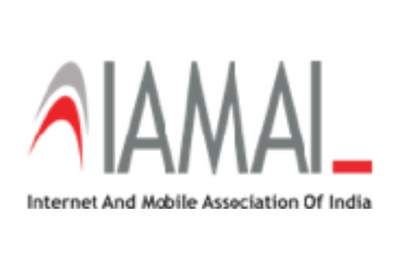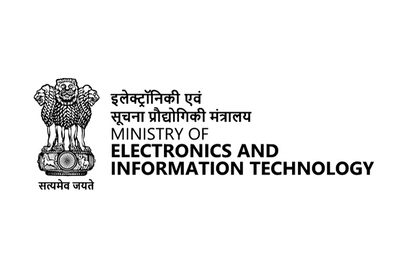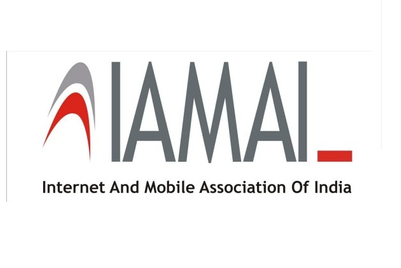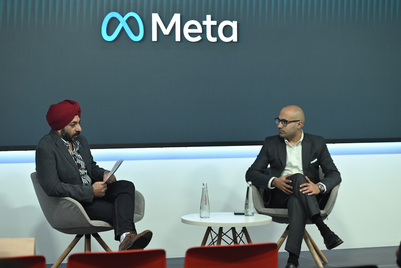
The Telecom Regulatory Authority of India (TRAI) and a five-member committee representing the broadcast fraternity have reached an agreement to initiate the 12-minute cap on advertising to the clock hour mooted by TRAI in a phased manner, starting 29 May 2013.
The committee included NDTV's KVL Narayan Rao, president, News Broadcasters Association, and Shailesh Shah, secretary, Indian Broadcast Foundation (IBF).
Shah said, "Broadcasters need to restrict advertising to less than 30 minutes to the clock hour with immediate effect. From July 1, news channels need to restrict advertising to less than 20 minute and other channels to 16 minutes per hour respectively. And from October 1, it will be 12 minute cap on all channels."
He added that all members of the IBF would abide by the decision.
The committee was in talks with TRAI over the last two weeks. And the final decision was arrived upon over the last couple of days, according to Shah.
"The board has reluctantly agreed to the above transition as the best commercial way forward," added Shah.
Broadcasters react
Impact of the development on ad inventory and rates is inevitable.
Rohit Gupta, president, MSM, said, "This move will definitely have its impact especially on music, news and movie channels. But now that we know of it, we need to find a way to protect the interest of every genre and revisit the advertising deals."
Deepak Jacob, president and general counsel (legal and regulatory), Star India, says, "The TRAI directive will definitely have a short-term impact the entire broadcast space. The impact will be more pronounced for certain genres such as Hindi movies, Hindi news, Tamil, Telugu (feed channels) and music. However, Star India firmly believes in the inherent strength of content and is of the view that this regulation will actually augur well for the entire industry in the long run. While the ad regulation will definitely enhance consumers' viewing experience, it will also help broadcasters in cleansing the advertising ecosystems by making necessary corrections in rates, inventories and metrics."
"Broadcasters have remained excessively dependent on advertising revenue and the industry’s efforts to push for reforms through timely implementation of DAS (digital addressable system) are aimed at reducing this dependence", he added.
Acknowledging the need to work with media agency and client partners to effect necessary changes in contracts, Raj Nayak, CEO, Colors – Viacom18, said, "We share a very good relationship both with our advertisers and their media agencies. We shall work closely with them to find a mutually viable win-win solution. At the end of the day, the impact will have to be absorbed by all of us together."
Media planners say revisiting advertising deals before the end of this financial year could be difficult.
"Our industry is not commoditised. Advertisers enter into tripartite agreements along with the media agency for the deals with the broadcaster. Breaking these contracts will not be easy. It is too early to talk about revisiting of contractual deals", says Himanka Das, senior VP – West, Carat Media India.


.jpg&h=334&w=500&q=100&v=20250320&c=1)
.jpg&h=334&w=500&q=100&v=20250320&c=1)
.jpg&h=334&w=500&q=100&v=20250320&c=1)


.jpg&h=334&w=500&q=100&v=20250320&c=1)








.jpg&h=268&w=401&q=100&v=20250320&c=1)
.jpg&h=268&w=401&q=100&v=20250320&c=1)


